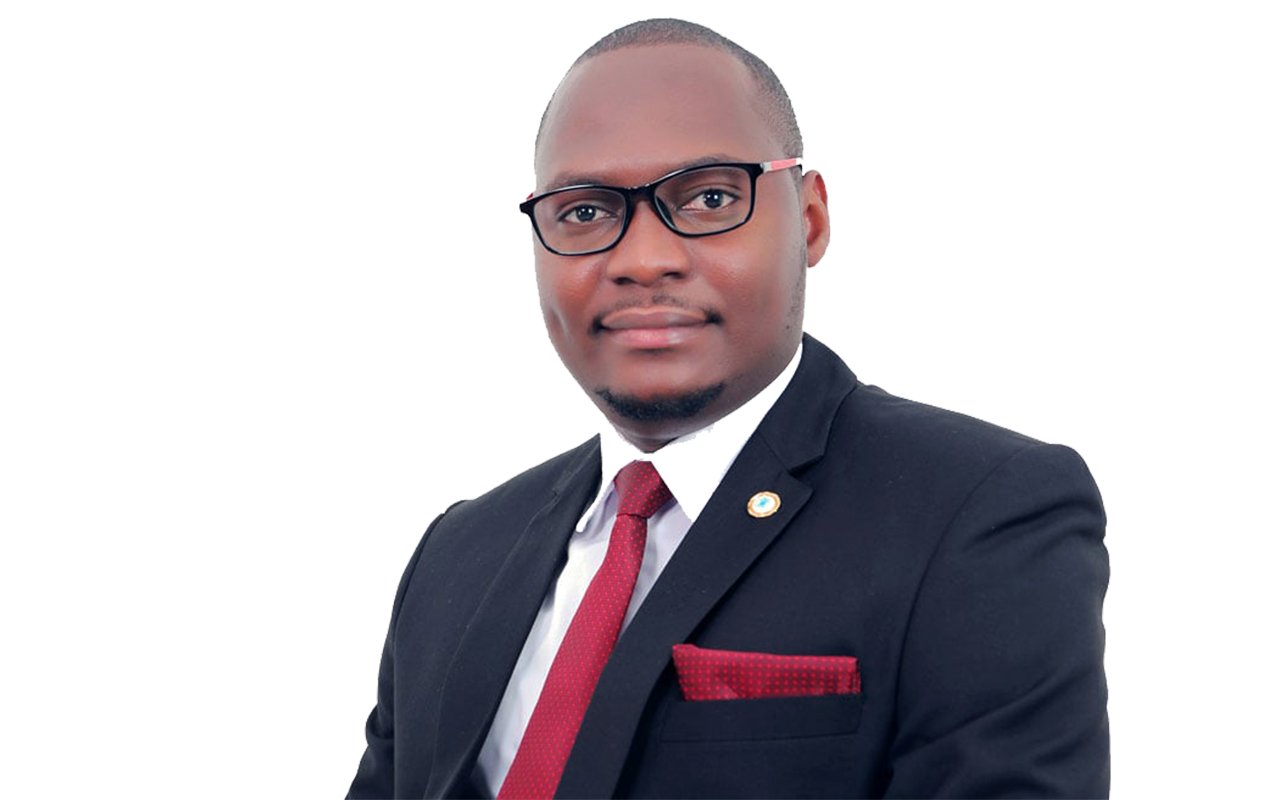EAC countries should harmonise call rates
What you need to know:
- The issue: Call rates.
- Our view: If we cannot force through the smaller issues, how shall the Community move on the bigger issues like establishing joint corporations.
To call someone in Tanzania from Uganda using a mobile phone for one minute, one needs to spend more than Shs5,000. It is worse if you have to call someone in Bujumbura. In fact, it is more convenient and cheaper to call cities like London or Dubai.
The East African Community (EAC) was revived at the turn of the century, with the first attempt having collapsed in 1977. Despite the rocky road that the Community has travelled, with sometimes seeming to move backwards than forwards, the key objective of its founding is to bring East Africans closer together, so that they can form a bigger market and forge forward economically, socially and politically.
Ideas like monetary union, political federation and common market are often talked about whenever the leaders of the countries, which have since increased to include South Sudan, Burundi and Rwanda, meet. The original member countries of the EAC were Uganda, Tanzania and Kenya.
There have been a number of apprehensive voices whenever new member countries have been added to the Community, with the pessimists saying that it could soon become too big to manage. Another worry regards the admission to the Community of countries that are less stable politically, especially Burundi and South Sudan. The counterweight argument that has always been used to defeat these and other arguments is that we need to come together and form a formidable market in order to compete with the rest of the world.
This is why we pose to reflect on the small things that would make the Community meaningful. And today we restrict ourselves to the ease with which one can make phone calls across East Africa. For a while there was a conversation about establishing a common call tariff across East Africa.
Modern business is powered by the ease with which people communicate, and this is not something that can be taken for granted. It is, therefore, surprising that the member states of the EAC have not paid sufficient attention to an issue as small as this. If we cannot force through the smaller issues, how shall the Community move on the bigger issues like establishing joint corporations, or even realising a monetary union?
We also note that Uganda has been in charge of the Council of Ministers at the Community for this period, with EAC minister Kirunda Kivejinja and President Museveni having a big role to play in pushing the affairs of the Community. As Uganda’s term ends for Rwanda to take over, we would be interested in a report on what progress the Community has made during the period of our leadership.




